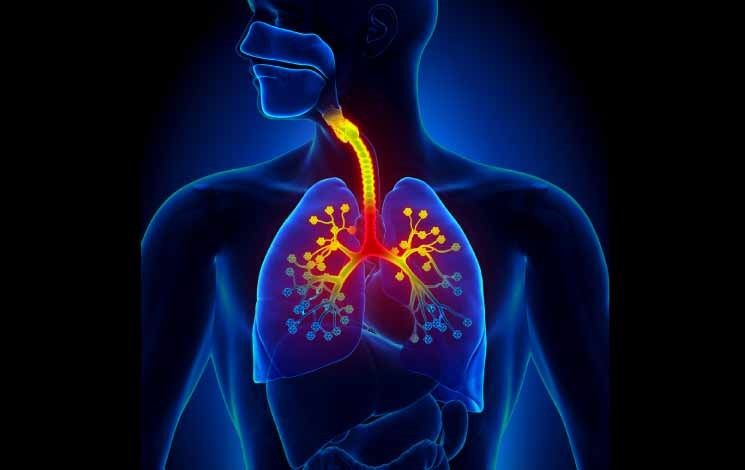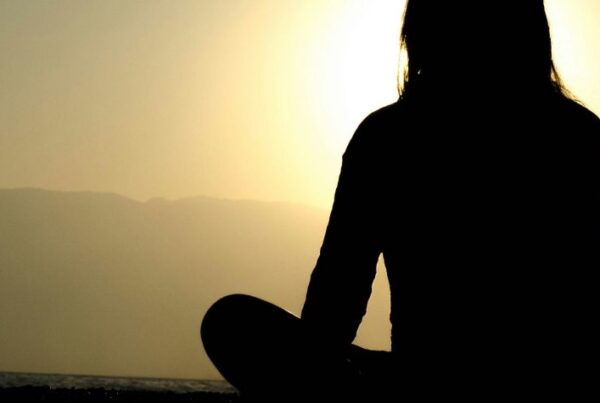During this coronavirus emergency, respiratory disease has cost many lives worldwide and the rest of us are in lockdown. Since the virus affects breathing, day to day activities can be totally disrupted. COVID-19 infection causes impairment in the respiratory function due to the accumulation of mucus and inflammation of lung tissue. According to the ancient Ayurvedic texts, coronavirus is related to Svas roga.
Coronavirus causes severe inflammation of lung tissue: bronchitis. Bronchitis is the swelling in the lining of lungs. When the lining in the bronchial tubes become inflamed, it obstructs breathing. The absence of proper airflow in the lungs leads to infection. Recurrence or severe episodes of breathlessness, tightness of chest, chronic cough and wheezing leads to asthma.
The causes of these respiratory conditions include the following:
- Allergic reaction due to a number of factors – perfumes, environmental factors, pollutants etc.
- Seasonal changes causing frequent cold, flu, cough and infection (eg. coronavirus)
- Allergic reaction to food and drugs
- Genetic and environmental causes
In rare cases, psychological triggers like deep-seated emotional problems, insecurity, lack of parental care, and hereditary also cause Asthma and Bronchitis. While this may appear as an outcome of impairment in the lungs or bronchial tubes, it begins from poor food choices and improper digestion as per Ayurveda.
Infectious and noninfectious lung diseases are categorized under the disorders caused by vata/kapha imbalance. Respiratory system is connected to kapha dosha. Bronchitis and asthma arise from the stomach, the place of pitta dosha. These conditions are triggered by vitiation of kapha and vata, originating from the place of pitta dosha – that is, the stomach.
Asthma comes under Svasa roga (breathing disorders). It is referred as Tamaka Svasa. When accumulated, kapha moves to the lungs, respiratory track, throat etc. It manifests in the lungs. While vata is dry, rough and mobile, kapha is heavy, cold and unctuous. The contrasting qualities join together and form thick deposits in the lungs, the walls of the bronchi, and the respiratory tract and also lead to narrowing of the tract. So they obstruct the passage and cause troubled breathing.
Treatment generally focuses on pacifying vata and kapha doshas. Clearing the ama blockage in the respiratory tract proves beneficial. Diet and lifestyle changes have major share in treatments for asthma and bronchitis.
The diet plan includes nourishing fresh fruits and vegetables, steamed and boiled foods, and easily digestible foods. There is a big NO to milk and milk products because they increase kapha. Dry foods, carbonated beverages, heavy oily foods and processed foods should be avoided.
Lifestyle changes include stress reduction, avoiding smoking or exposure to smoke, allergic perfumes, pollen grains, dust and fumes and all other triggers that aggravates your condition.
In many cases, based on the diagnosis, the administration of medicines becomes essential. A selection of 1 or 2 single and combination medicines according to the patient’s age, diagnosis outcome, symptoms, associated medical conditions, lifestyle may be provided.
Some of prescribed medicines include:
- Single herbs that are anti-vata , anti-kapha and mucolytic are helpful against bronchial asthma. The important ones are Basil (Tulasi, Shireesha, Pushkaramoola, Liqorice, Ginger and Honey.
- Combination medicines include Shireeshghan Vati, Taleeshadi Powder, Tankana/Borax Powder, Shwasakuthara Rasa,
Please stay safe, wash your hands, observe social distancing and chant Hare Krishna!




